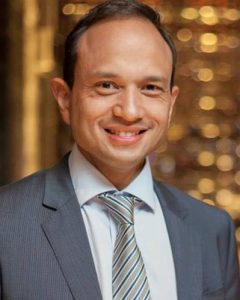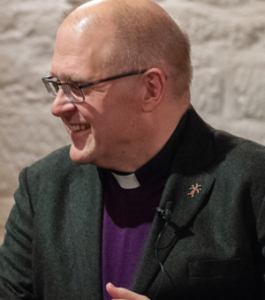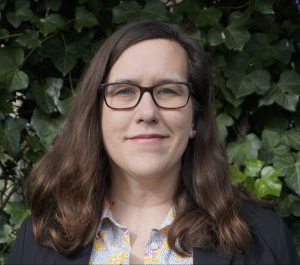The Role of Religious Groups in the 2016 Colombian Plebiscite for Peace and the Implementation of the Peace Agreement

Carlos Bernal Pulido is a professor of law at the University of Dayton School of Law and University of La Sabana (Colombia), serves as a commissioner at the Interamerican Human Rights Commission, and was a justice at the Constitutional Court of Colombia (2017–20). The following is an edited summary of his remarks at the ICLRS 29th Annual International Law and Religion Symposium, 3 October 2022.
The topic of this Symposium, “Religion’s Roles in Peacebuilding,” is important and relevant in many regions of the world. But I would like to talk today about the peace process in Colombia, my country of origin, and the role of religious groups in that process, or lack thereof. There are lessons to be learned from Colombia’s experience, and I would like to highlight several relevant points.


